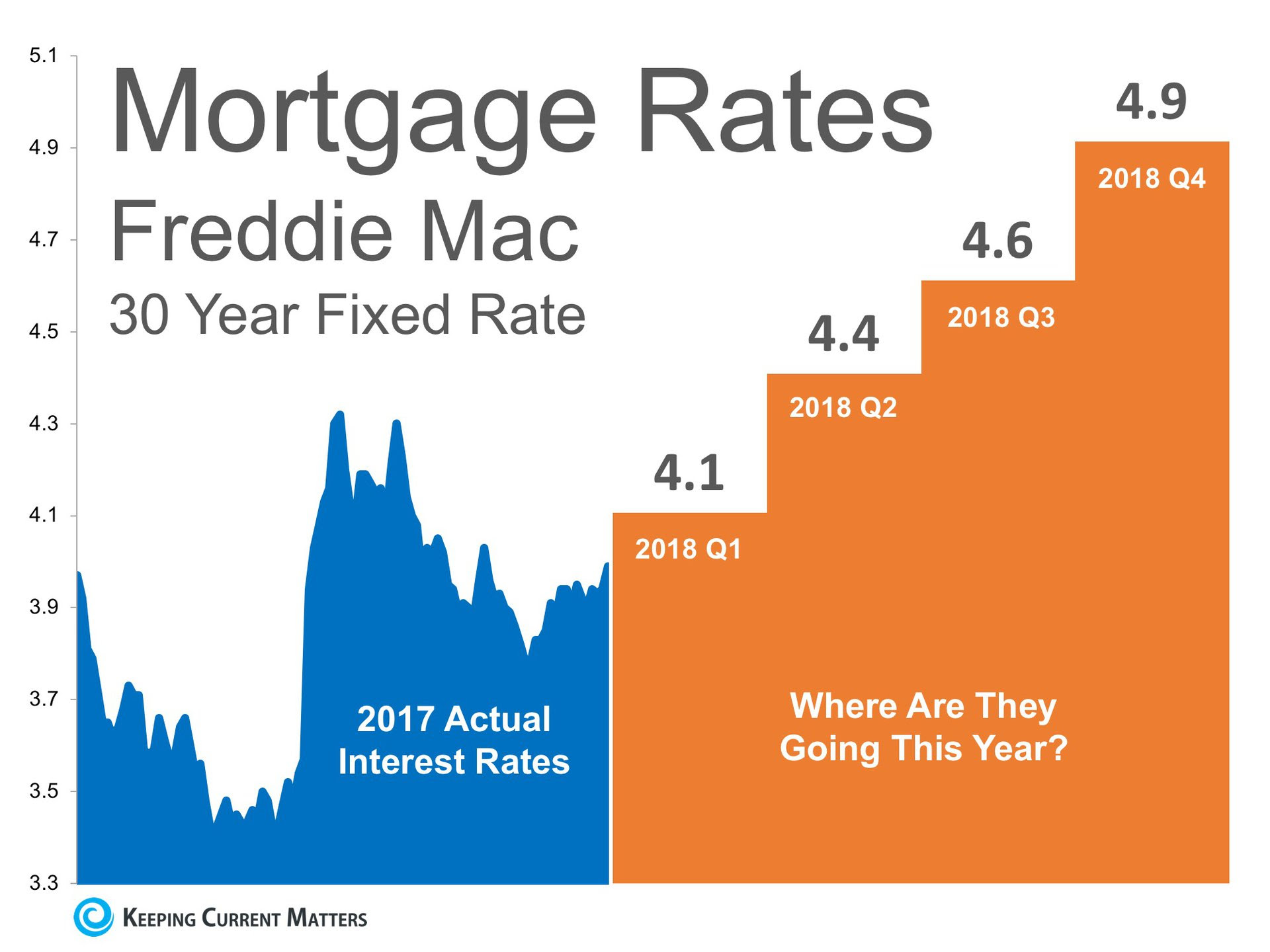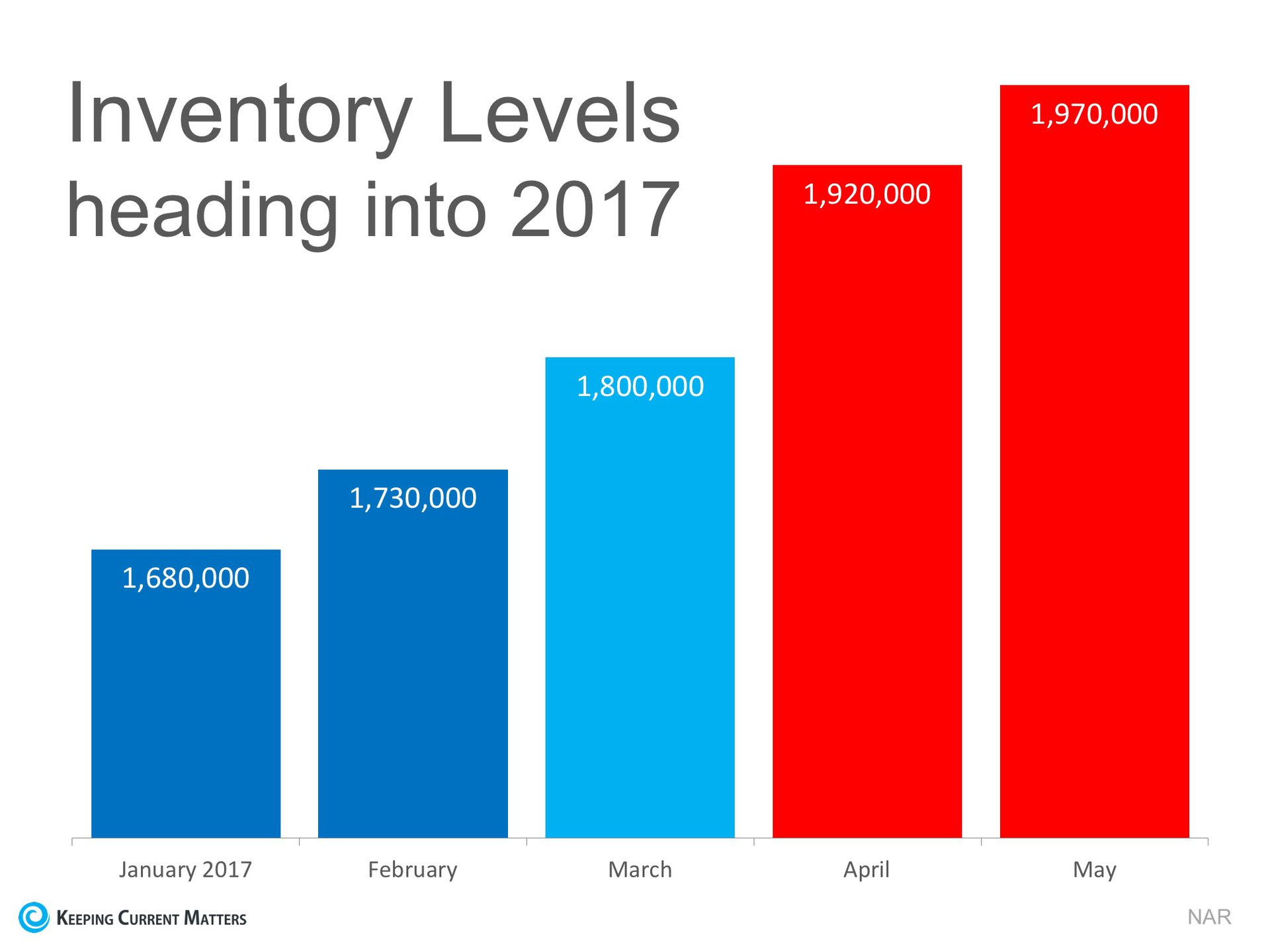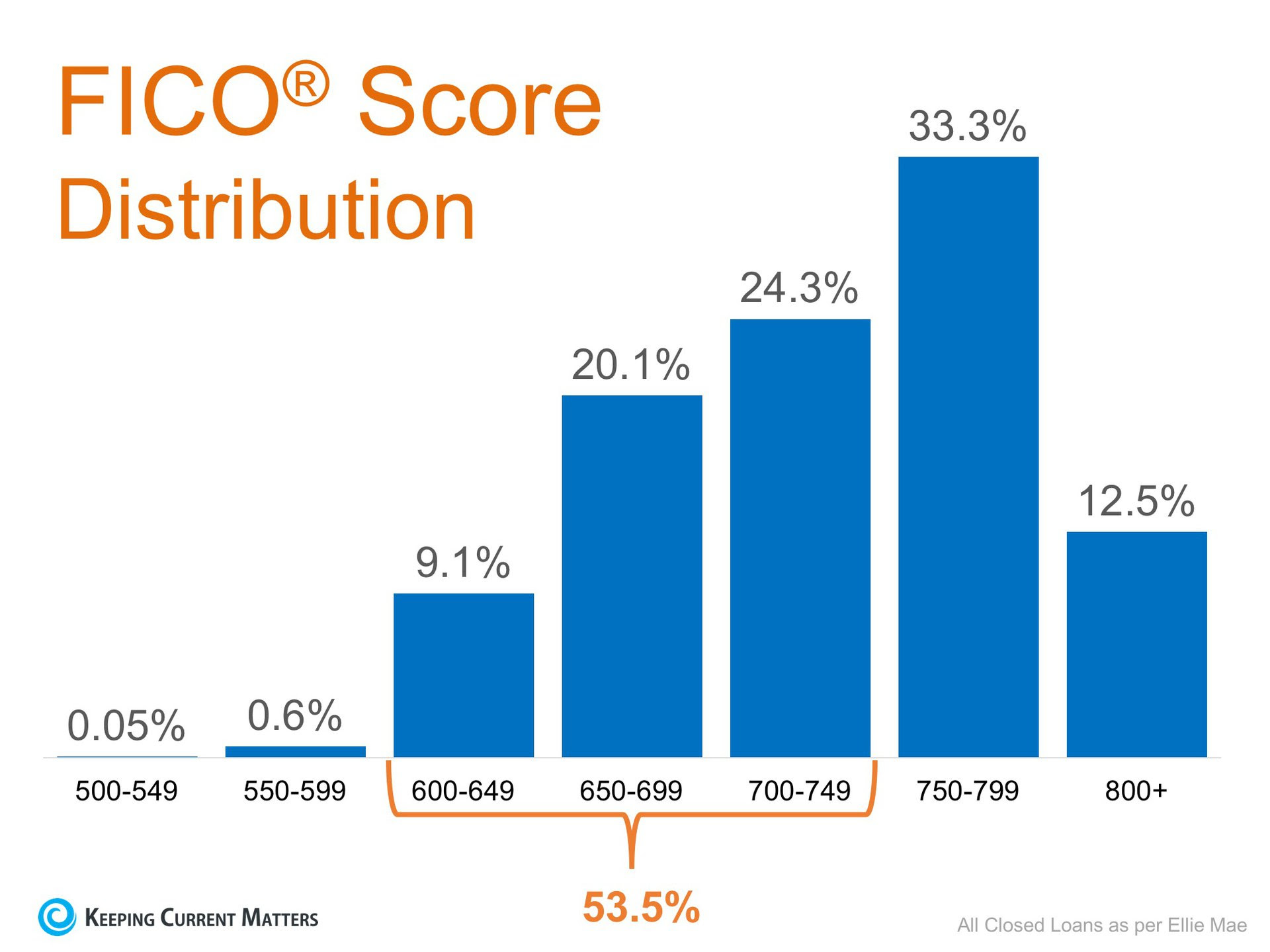
By Yuka Kato
Trends are an excellent way to predict things like homebuyer behavior over the coming months or years. Unlike a fad, which ends quickly, a trend is something that may continue on for 10 or more years.
Each year, Fixr conducts a
survey of influencerswithin the building and design industry—those professionals who are helping to shape the trends that impact homeowners and homebuyers alike. This year’s survey results have shown some surprising (and not so surprising) trends that real estate professionals can use to help sell homes more quickly and influence homebuyer behavior.
Pay close attention to these five trends to help make the most of all your real estate transactions in 2018:
Smart Home Technology
The No. 1 trend influencers say homebuyers are going to be looking for in 2018 is smart home technology. Smart homes have taken off in the last few years with the introduction of systems like Apple Home and Amazon’s Alexa. Adding smart home features to a home makes it much more attractive to younger homebuyers who currently make up the largest population of buyers.
Adding smart home technology to a home costs around $5,000 to $9,000 on average, but can increase the value of a home by about
5 percent. Keep in mind that this is only true if the upgrades were made in the last five years; after that, the technology becomes outdated. The most sought-after items include smart lights and thermostats—which can reduce energy consumption—and security features like locks and cameras.
Open Floor Plans
The second most popular trend is a continuation from years past: the open floor plan. Particularly on single-story homes, open floor plans continue to be one of the most requested options among homebuyers, possibly because of the flexibility this type of floor plan offers. An open floor plan allows you to configure the space in ways that work for you, rather than working around what’s already there.
As long as you aren’t removing load-bearing walls in the structure, opening up rooms and removing walls can bring up to
60 percent ROI at time of resale, while also making the home much more attractive to today’s buyers.
Solar Energy
Solar energy isn’t a new trend, but it's one that’s making big gains in today’s market. In fact, homebuyers are much more likely to want to invest in a home with solar power today than they were just a few years ago. As energy costs continue to soar, having solar power available can be a very enticing option.
The national average cost to install solar panels on a home is between $20,000 and $25,000. The ROI on solar power does vary by state, but because the cost is usually offset over time by reduced energy costs, most people find the investment worth it in terms of decreased energy bills and how much more attractive it makes the home to younger buyers.
Tiny Houses
Wondering where to steer your potential buyers? Consider showing them tiny houses. First-time homebuyers, as well as minimalists, are showing considerable interest in the tiny house movement, making this a trend that can’t be ignored by home builders or real estate professionals alike.
More than half of the influencers surveyed believe that the tiny house trend is growing. Tiny houses can be
built for anywhere between $10,000 and $40,000, which makes purchasing land and building a more attractive option than finding one already for sale.
Voice Control Systems
Artificial intelligence (AI) and voice control systems round out the top five growing trends in the home-building and design industry. Nearly all influencers agree that smart home systems that are controlled via AI or voice will be one of the biggest trends of 2018. While the controller may be personal to the user—Google, Alexa and Apple Home are just a few of the offerings—the systems they can control (lights, thermostat, door locks and appliances) can all be added to the home and ready to use in a timely manner, making the property very attractive to new homebuyers.
Get Ready for the Year Ahead
By encouraging sellers to make these changes to their homes, and steering buyers in the direction of homes that contain these trends, you will find it more likely to make quicker and easier sales in 2018. Not only are many of these investments quick, but they don’t require a lot of invasive procedures to incorporate into existing properties. Watch for these trends to start getting more attention from buyers and sellers alike in 2018.







![5 Reasons to Love Using A RE Pro [INFOGRAPHIC] | Keeping Current Matters](https://blogger.googleusercontent.com/img/proxy/AVvXsEhd4LeWyMc9DlG_YrJ2CPij0ym81z3k-JEXZkS1MloNsGUppfc9D-RaSXtVE3SDC3rGiX2toDWuFsKwuZ4c2bEtGfJb5sUlbUSQCDaXjIwhX7i2Ozo0EVtNmV36A9Sq6G0SkU_pqs-vkddUaoYPuhQDB4UF0rRe5TwpSIzdnCZtY22gxr3qggt3b73_ehsAdoj6ak0uLcq6ko9c-OKiZ4BHTc9HfWs=s0-d-e1-ft)






